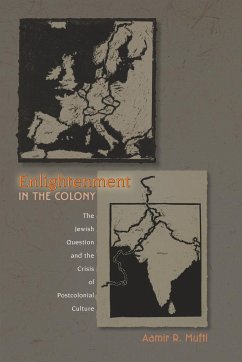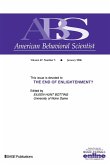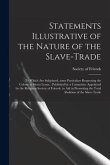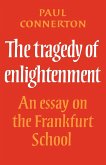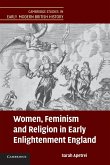Enlightenment in the Colony opens up the history of the "Jewish question" for the first time to a broader discussion--one of the social exclusion of religious and cultural minorities in modern times, and in particular the crisis of Muslim identity in modern India. Aamir Mufti identifies the Hindu-Muslim conflict in India as a colonial variation of what he calls "the exemplary crisis of minority"--Jewishness in Europe. He shows how the emergence of this conflict in the late nineteenth century represented an early instance of the reinscription of the "Jewish question" in a non-Western society undergoing modernization under colonial rule. In so doing, he charts one particular route by which this European phenomenon linked to nation-states takes on a global significance. Mufti examines the literary dimensions of this crisis of identity through close readings of canonical texts of modern Western--mostly British-literature, as well as major works of modern Indian literature in Urdu and English. He argues that the one characteristic shared by all emerging national cultures since the nineteenth century is the minoritization of some social and cultural fragment of the population, and that national belonging and minority separatism go hand in hand with modernization. Enlightenment in the Colony calls for the adoption of secular, minority, and exilic perspectives in criticism and intellectual life as a means to critique the very forms of marginalization that give rise to the uniquely powerful minority voice in world literatures.
Hinweis: Dieser Artikel kann nur an eine deutsche Lieferadresse ausgeliefert werden.
Hinweis: Dieser Artikel kann nur an eine deutsche Lieferadresse ausgeliefert werden.

